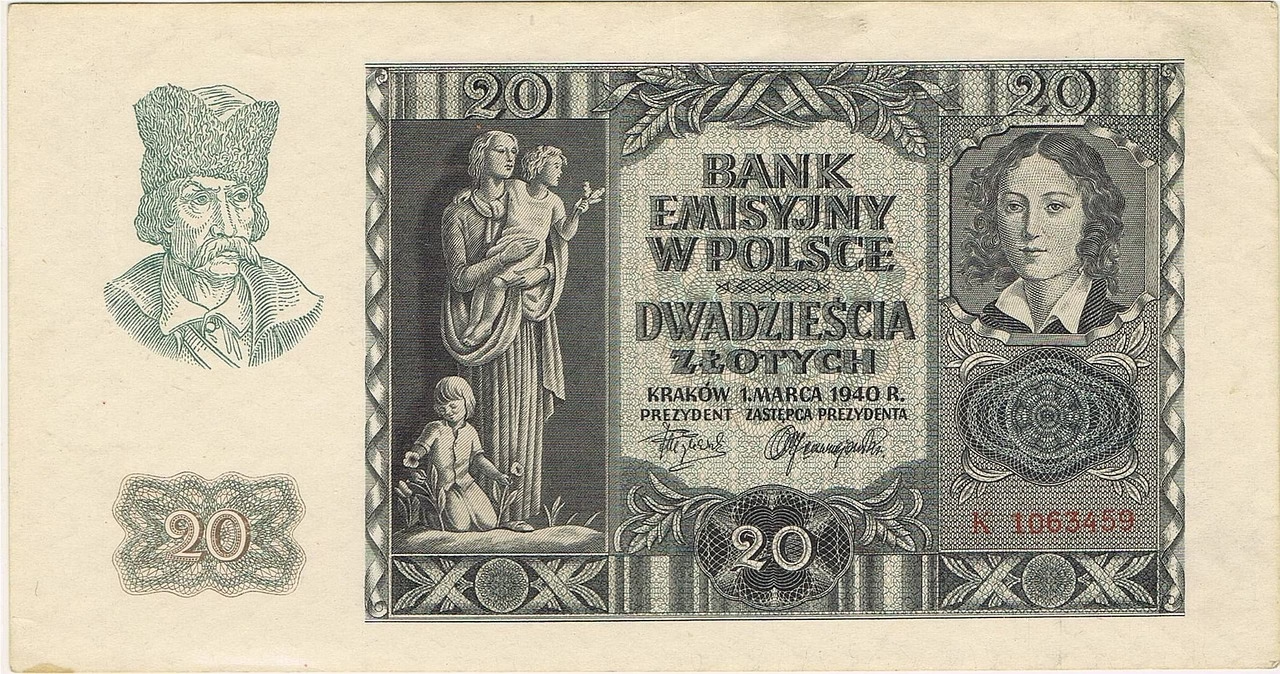“Bitcoin’s Role in Hedge Funds Expands Amid Market Volatilit
August 25, 2025 | by Sophia Vance

Bitcoin’s Role in Hedge Funds Expands Amid Market Volatility
In today’s turbulent financial landscape, hedge funds are recalibrating their risk frameworks and portfolio compositions. The persistent volatility fueled by geopolitical tensions, inflation fears, and shifting monetary policies has pushed many alternative asset managers to look beyond traditional instruments. Bitcoin, once the renegade digital asset, is now cementing its place as a strategic tool within hedge fund portfolios. This evolving role reveals a nuanced shift in how institutional capital approaches crypto, especially during periods of market uncertainty.
A New Hedge Fund Paradigm: Bitcoin as a Portfolio Diversifier
Historically, hedge funds leveraged macroeconomic trends, equities, fixed income, and commodities to generate alpha. Crypto was largely viewed through a speculative lens — too volatile, too nascent, too unregulated. However, that viewpoint is quickly becoming obsolete. Today’s top-tier funds are integrating Bitcoin not just as a speculative play, but as a hedge against broader systemic risks.
Bitcoin’s distinct market behavior, often uncoupled from conventional asset classes, offers a layer of diversification long sought after by hedge funds. Studies show that while correlations between Bitcoin and equities rise during risk rallies, over full market cycles, Bitcoin retains a meaningful diversification edge. This edge becomes especially valuable during periods of inflationary pressure and fiat currency debasement, where Bitcoin’s fixed supply stands out as a digital gold analog.
Capital Inflows and Increased Institutional Adoption
The data is compelling. According to recent fund flow reports, hedge funds specializing in digital assets or crypto-focused strategies have witnessed capital inflows exceeding $1 billion in the last quarter alone. This trend reflects a larger institutional maturation, where due diligence, regulatory frameworks, and custody solutions have all evolved to reduce entry barriers for hedge funds.
The advent of regulated Bitcoin futures, options, and ETFs across jurisdictions has further streamlined access. Hedge funds now can tailor exposures — from spot holdings to complex derivatives — aligning Bitcoin’s risk profile with their mandates. This sophistication translates directly into portfolio resilience amid broader economic shocks.
Volatility as Opportunity, Not Just a Risk
Volatility, long demonized as a risk factor, is re-assessed in this new narrative. Skilled hedge funds harness Bitcoin’s price swings to generate returns through arbitrage, volatility trading, and hedging tactics. The asset’s 24/7 trading cycle and deepening liquidity offer unique avenues unavailable in traditional markets.
Consequently, Bitcoin enables hedge funds to capitalize on moments of market dislocation — an invaluable function when conventional markets are constrained by business hours or tighter regulatory controls. This agility is increasingly critical as unpredictable macroeconomic shocks become the norm rather than the exception.
Challenges and Prudence in Deployment
Despite its growing prominence, Bitcoin integration is not without its challenges. Hedge funds must navigate liquidity risks in stressed environments, regulatory flux, and the evolving technological landscape underpinning digital assets. Institutional investors demand secure, compliant custody solutions and robust risk management frameworks to mitigate operational risks.
“The key for hedge funds is not merely to chase Bitcoin’s upside but to embed it within a disciplined, risk-adjusted framework that aligns with long-term fund objectives.”
Resource allocation within portfolios should be calibrated — typically under 10% of total assets, depending on the fund’s risk appetite and investor mandates. This measured approach allows Bitcoin to act as an enhancer rather than an outsized risk driver.
What the Future Holds
Looking ahead, Bitcoin’s role in hedge funds will likely deepen, driven by further regulatory clarity, institutional-grade infrastructure, and investor demand for alternative inflation hedges. Innovations such as decentralized finance (DeFi) and tokenized assets could further expand strategic use cases, while ongoing integration with AI-powered analytics will refine risk-return optimization.
Hedge funds embracing Bitcoin today are not just jumping on a trend; they are positioning for a future where digital assets are foundational to diversified, resilient wealth creation strategies. The evolving narrative is clear — Bitcoin has graduated from a speculative fringe asset to a tactical mainstay in hedge fund arsenals during market volatility.

RELATED POSTS
View all



